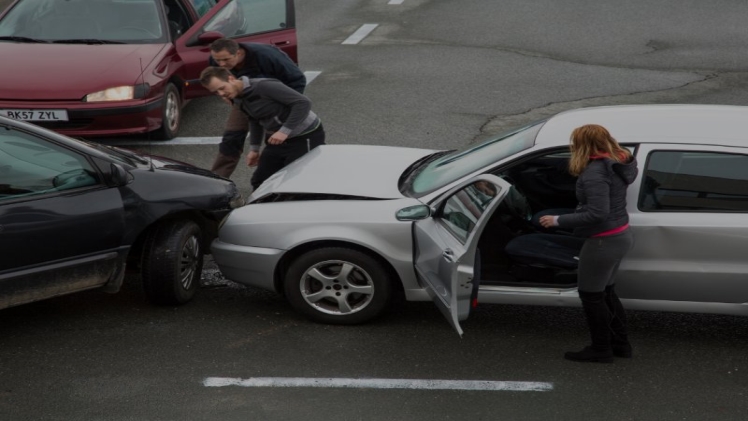To drive a car safely, drivers must always pay attention to the road and their surroundings. Negligence and distraction during lane changes can lead to devastating consequences. But, proving liability in this type of accident can be hard. The vehicles involved are in motion and such accidents can occur very quickly. Due to the complexity in determining liability, victims must speak with experienced Los Angeles car accident attorneys to recover compensation for the injuries they suffer.
How Lane-Change Accidents Occur
The majority of lane-change crashes result from the negligence of the motorist who tried to change a lane. For instance, this driver may have changed lanes without checking their side and rear-view mirrors first. Also, they may have failed to ensure they have enough distance from other cars or use a turn signal.
Moreover, fault may also be assigned to a driver for a lane-change collision if they changed lanes as they enter a curve or travel uphill where they cannot see other cars. A lane-change accident can also occur because of illegal lane-change and due to weather conditions like heavy rain, snow, or ice.
What Does State Law Say About Lane Changing?
In California, drivers are prohibited from unsafely changing lanes. Thus, lanes can only be changed when it’s safe and after the driver has signaled. Drivers who don’t follow this rule can get a point on their driver record and face fines.
How to Determine Fault for a Crash
Determining who caused a lane-change accident can be complex. Your attorney will investigate the crash scene, the cars involved, and collect essential evidence that can prove fault in the accident. This evidence includes photos of the crash scene and the cars involved, cellphone records that show a driver was texting or talking while behind the wheel, video footage, breathalyzer, blood, or urine tests. The lawyer may also hire accident reconstruction specialists to help rebuild the crash scene and create a detailed report on how the crash happened.
If you have been harmed in a car accident, see a lawyer as soon as possible to discuss your situation in a free consultation. Most lawyers don’t require you to pay upfront and don’t charge hidden fees. They usually work on contingency, which means that they only get paid when they successfully recover compensation for you. Your lawyer will respect the confidentiality of your information and you can retain their services without obligation.

